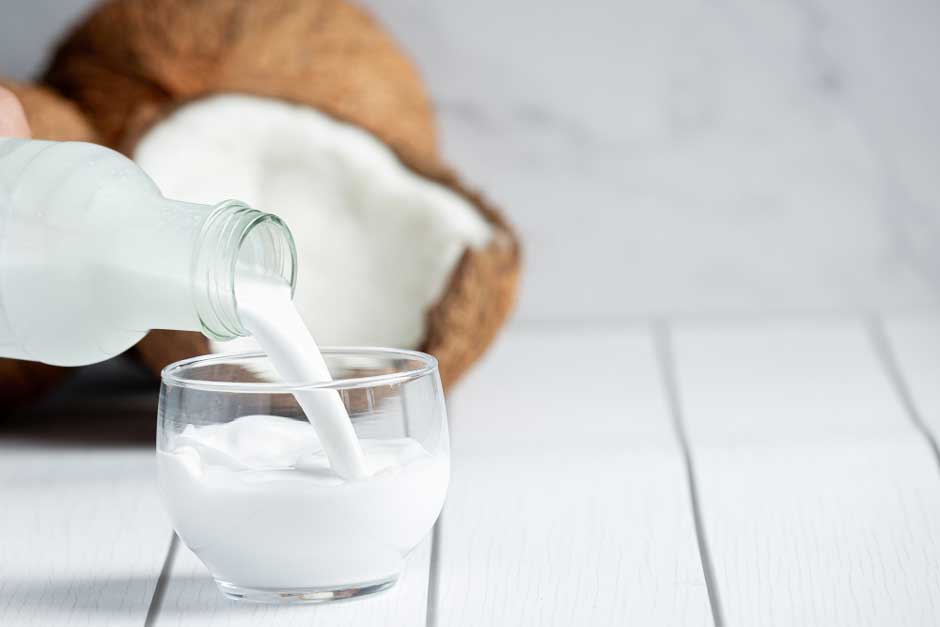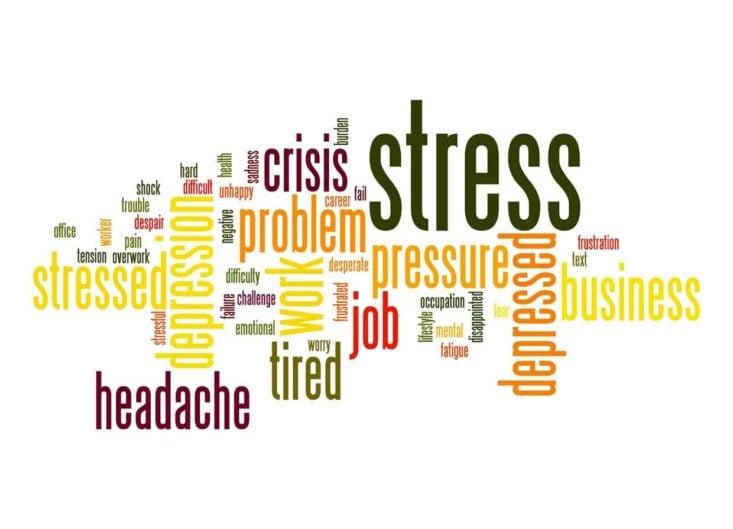It is summer again, the favorite season for many of us. The summer months are about swimming, tanning, and playing in the sun. Until it gets too hot. You start feeling dizzy, dehydrated, and exhausted. Even quite healthy people may have health problems: fast pulse rate, shortness of breath, feeling of lack of air, tightness in the chest, etc. That’s because heat increases the stress on your heart.
People with diseases of the cardiovascular system are especially vulnerable during this period. Keep in mind some simple rules and protect your heart on hot days.
Who is more prone to cardiovascular system disease?
Coronary heart disease and hypertension are more common among men under the age of forty. Young women are more protected due to estrogens. These sex hormones support the tone of blood vessels and normal cholesterol levels. After menopause, estrogen content in blood decreases, and women quickly catch up with men.
Still, if a woman smokes more than 20 cigarettes a day, no hormones will save her. Additionally, if you lead a sedentary lifestyle, have extra weight, have a lot of stress factors, and eat fatty foods, cardiovascular diseases at a young age become very possible.
How does heat affect heart function?
We are genetically adapted to mild summer temperatures up to + 77-80 °F. Heatwaves have a negative impact on the cardiovascular system and the body as a whole. During extreme heat, people with a weak heart have a rising heart rate and pressure. Their peripheral vessels expand, legs swell, and the likelihood of blood clots increases.
Abrupt changes in temperature are especially harmful to your health. Therefore, the cardiovascular system must be supported during this period.
How to reduce stress on the heart in the hot season:
- Pay attention to your diet. Exclude fatty and heavy foods, reduce the amount of salt and salty products. Eat more vegetables and fruits. Switch from meat to low-fat marine fish. Vegetable oils, such as walnut oil, wheat germ oil, almond oil, pumpkin seed oil are more preferable. Eat smaller portions of food.
- Hot weather provokes sweating. A loss of fluid should be replenished. Be sure to drink at least 1.5 – 2 liters of fluid per day to maintain the water-salt balance.
- Exclude soda, coffee, and caffeine-containing beverages. Alcohol becomes even more dangerous, as it dilates blood vessels and contributes to the release of heat from the body, causing overheating. The best choice is water and herbal teas. Also, drink freshly squeezed juices and dairy products.
- Physical activity should be reduced to a minimum. Choose a time for your workouts before 11 am and after 4 pm. Take breaks for 15 minutes each half an hour of physical activity. If you feel tightness in your chest or tachycardia, stop your activities immediately.
- Don’t sleep in the fetal position. It violates the outflow of blood from the head, so there may be a sharp rise in blood pressure.
- Try not to go outside during the hottest time of the day. Avoid staying in the sun for no more than 15-20 minutes. In the case of tachycardia, shortness of breath immediately seeks shade or a cool room.
- If you smoke, then at least try to limit the number of cigarettes per day. Smoking prevents oxygen from reaching the bloodstream and therefore causes vasospasm.
- Don’t try to cool yourself by bathing in cool water. It is especially dangerous for patients with ischemia.
- Always wear a hat.
Dangerous health conditions
- Heatstroke
Being exposed to hot temperatures for a long time provokes the loss of fluid, which may be fatal. It can happen to anyone in the heat for too long. The common symptoms are dizziness, cold skin, sweating, muscle cramps, fainting, shallow fast breathing, and nausea. You should seek medical help if your fatigue is too strong to get into cool space and drink some water.
- Angina
People with this medical condition should be careful when they use their GTN-spray. It dilates blood vessels, so they may feel dizzy or even lose consciousness.
- Heart failure
Usually, people with this condition are restricted to drink much water. It is necessary then to find new ways to keep cool.















